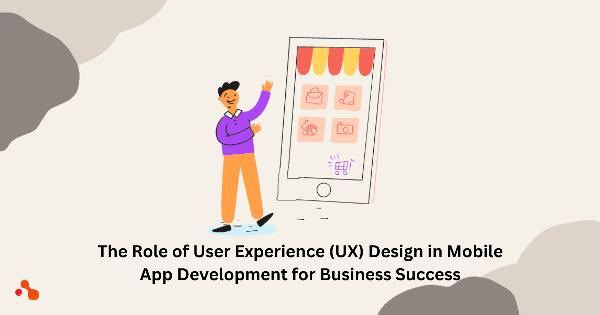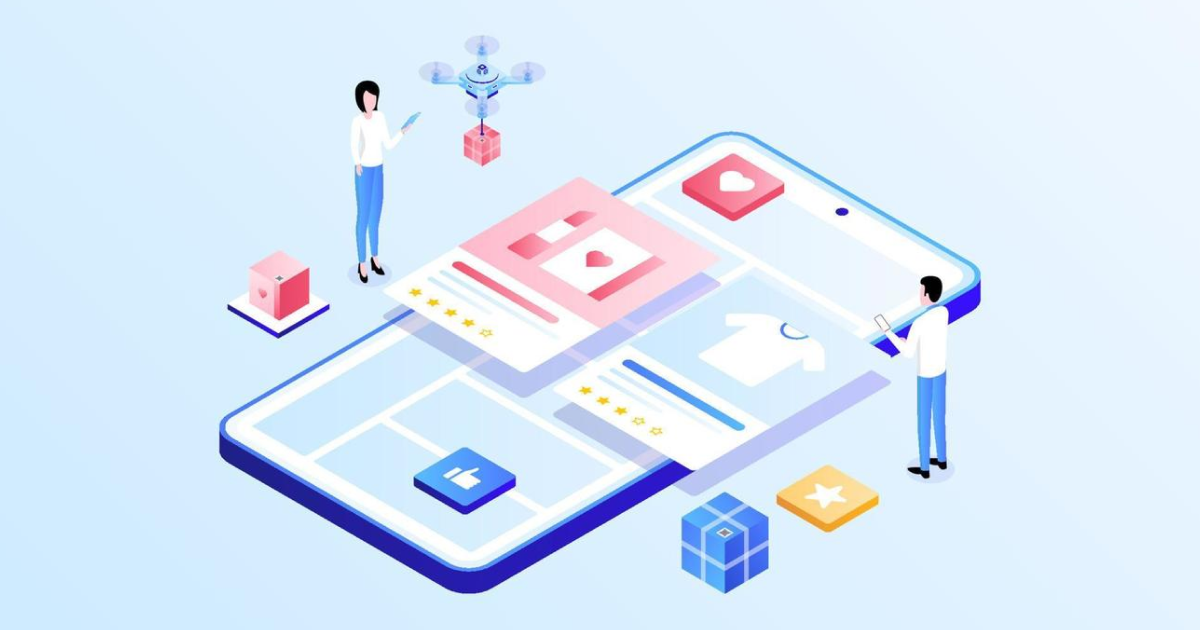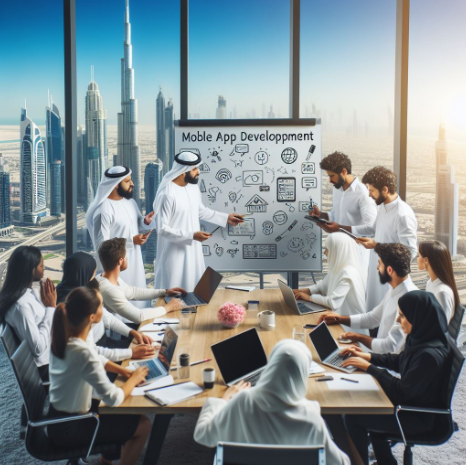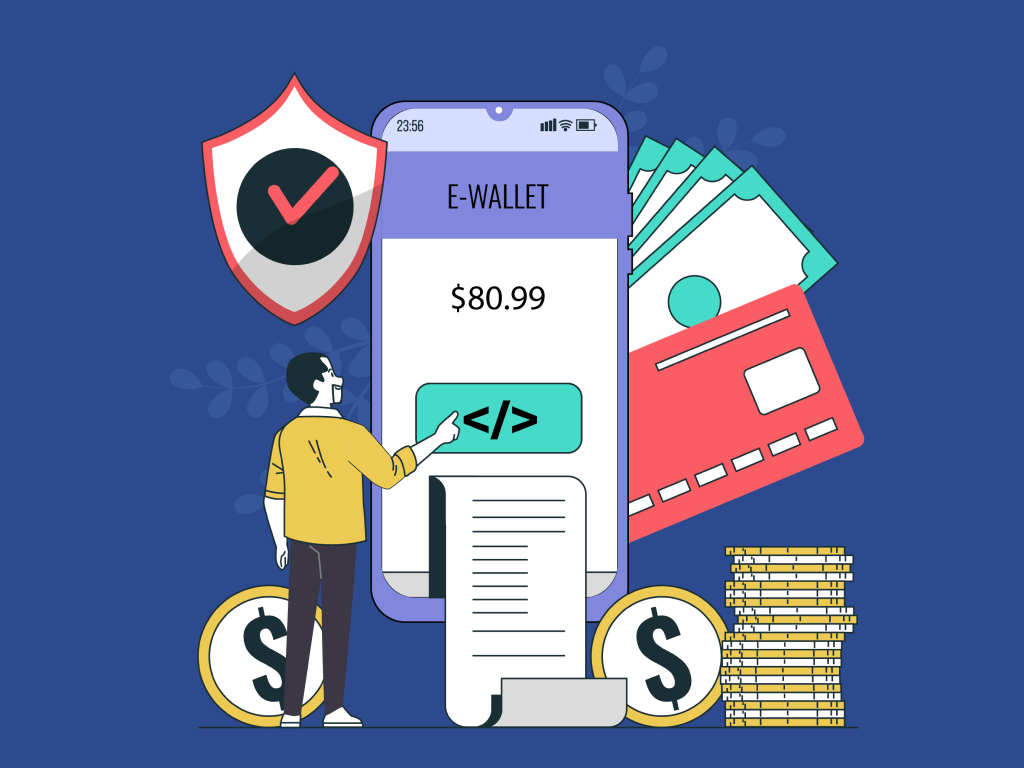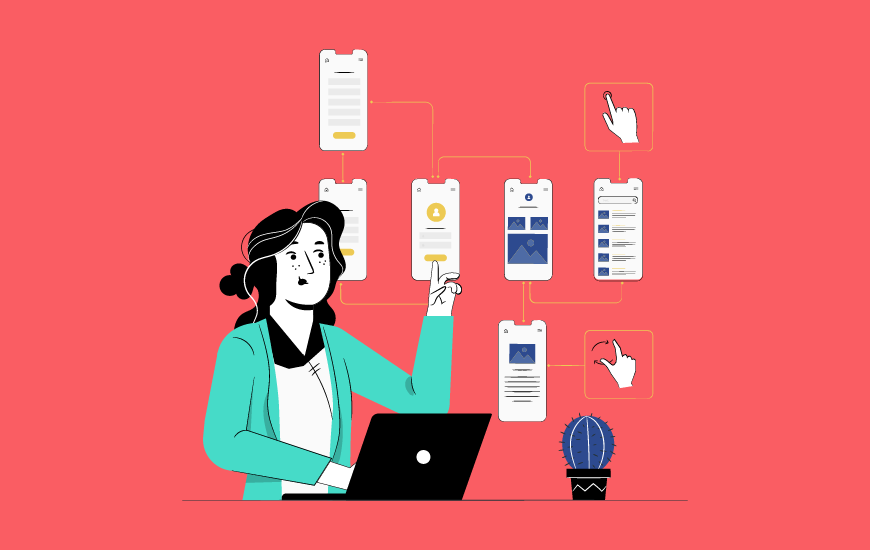 HARO Backlinks – Get Cited Like a Pro in Top Media!
HARO Backlinks – Get Cited Like a Pro in Top Media!
The Role of Oracles in dApp Development: Connecting Off-Chain Data
Written by Scott Andery » Updated on: June 17th, 2025
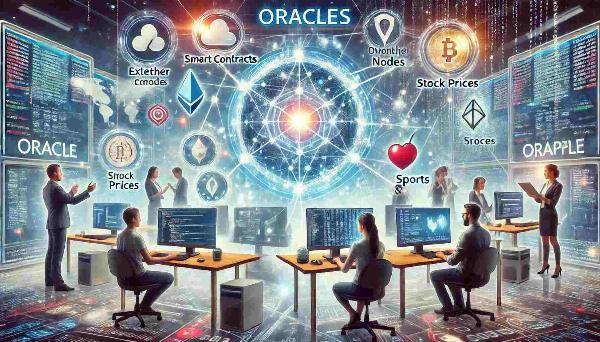
In blockchain technology and decentralized applications (dApps), oracles are pivotal in bridging the gap between the blockchain and the external world. Understanding the role of oracles in dApp development is crucial for developers and dApp development companies looking to create robust, functional, and reliable applications. This article will explore the concept of oracles, their significance in dApp development, and how dApp development companies can effectively leverage oracles to connect off-chain data.
Understanding Oracles
Oracles are third-party services that provide smart contracts with external information. They act as intermediaries between the blockchain and the outside world, fetching data from external sources and feeding it into the blockchain. This external data can include anything from real-time market prices, weather information, and sports scores to any other type of off-chain data that a smart contract might need to function properly.
Why Oracles are Essential in dApp Development
Smart contracts, the backbone of dApps, are designed to execute predefined actions when certain conditions are met. However, they are inherently limited by their inability to access data outside the blockchain. This limitation is where oracles come in. By providing smart contracts with real-world data, oracles enable dApps to perform a wider range of functions, making them more versatile and useful.
For instance, a decentralized finance (DeFi) application might need to know the current price of a cryptocurrency to execute a trade or adjust interest rates. Without oracles, such an application would be unable to function, as it wouldn't have access to the necessary off-chain data.
Types of Oracles
Oracles can be categorized into various types based on their functionality and the source of the data they provide:
Software Oracles: These oracles obtain data from online sources such as websites, databases, and APIs. They are commonly used for retrieving information like market prices, weather forecasts, and sports scores.
Hardware Oracles: These oracles gather data from the physical world using IoT devices and sensors. They can, for example, track the temperature or the location of goods in a supply chain.
Inbound Oracles: These oracles provide external data to the blockchain. For example, they can supply a smart contract with the current exchange rate of a currency.
Outbound Oracles: These oracles send data from the blockchain to the outside world. For example, they can trigger an event in a traditional system when certain conditions are met on the blockchain.
Consensus-Based Oracles: These oracles aggregate data from multiple sources to ensure accuracy and reliability. They use a consensus mechanism to verify the data before it is fed into the blockchain.
The Role of Oracles in dApp Development Companies
For dApp development companies, integrating oracles into their applications is crucial for creating functional and reliable dApps. Here's how these companies can leverage oracles to enhance their dApp development process:
Expanding Functionality: By incorporating oracles, dApp development companies can significantly expand the functionality of their applications. Oracles enable dApps to access real-time data, making them more dynamic and responsive to external conditions.
Improving Accuracy and Reliability: Using consensus-based oracles, dApp development companies can ensure the accuracy and reliability of the data fed into their smart contracts. This is particularly important for applications where data integrity is critical, such as financial services and supply chain management.
Enhancing Security: Security is a top priority for dApp development companies. Oracles can help enhance the security of dApps by providing verified and tamper-proof data. This reduces the risk of fraud and manipulation, ensuring that the smart contracts execute as intended.
Enabling Automation: Oracles play a key role in automating processes within dApps. For example, in a decentralized insurance application, oracles can automatically trigger claims payouts based on real-world events like flight delays or natural disasters.
Facilitating Interoperability: Oracles can facilitate interoperability between blockchains and external systems. This allows dApp development companies to create applications seamlessly interacting with multiple platforms, enhancing their overall utility and reach.
Challenges and Considerations
While oracles offer numerous benefits, there are also challenges and considerations that dApp development companies must keep in mind:
Trust and Security: Since oracles act as intermediaries, they introduce a potential point of failure. Ensuring the trustworthiness and security of oracles is essential to prevent malicious attacks and data manipulation.
Decentralization: Relying on a single oracle service can create a centralized point of failure, which goes against the principles of decentralization. To address this, dApp development companies should consider using decentralized oracle networks that aggregate data from multiple sources.
Cost: Integrating oracles into dApps can incur additional costs, especially when using premium data sources or decentralized oracle networks. Companies need to carefully evaluate the cost-benefit ratio to ensure that the added functionality justifies the expense.
Conclusion
Oracles are indispensable in the realm of dApp development, providing the necessary link between blockchain technology and the external world. For dApp development companies, understanding and leveraging oracles is crucial for creating functional, secure, and reliable applications. By integrating oracles, these companies can expand the functionality of their dApps, ensure data accuracy, enhance security, enable automation, and facilitate interoperability. While challenges exist, the benefits of using oracles far outweigh the drawbacks, making them a vital component in the toolkit of any dApp development company aiming to innovate and succeed in the ever-evolving blockchain landscape.
Note: IndiBlogHub features both user-submitted and editorial content. We do not verify third-party contributions. Read our Disclaimer and Privacy Policyfor details.
Copyright © 2019-2025 IndiBlogHub.com. All rights reserved. Hosted on DigitalOcean for fast, reliable performance.


